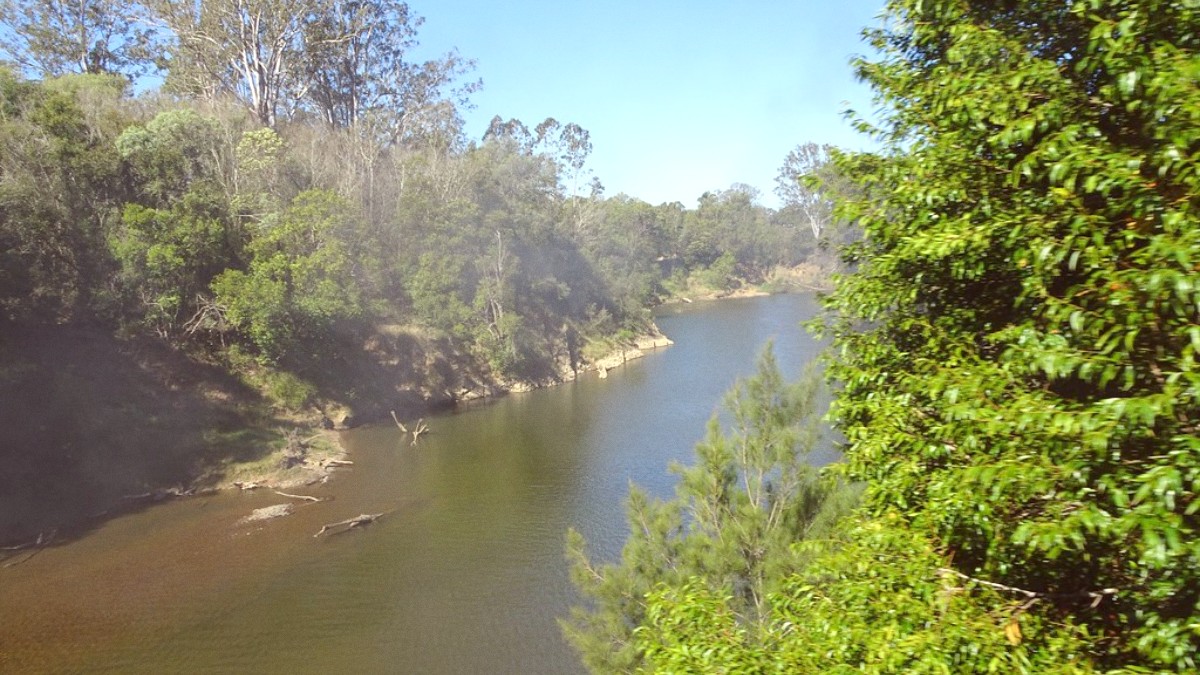
Queensland, Australia
Summer (December-February) brings warm to hot conditions, with average maximum temperatures ranging from 31°C to 33°C (88-91°F). High humidity can make it feel warmer. Rainfall is significant, with January seeing the most precipitation, often exceeding 100-150 mm (4-6 inches). Autumn (March-May) cools to 27°C to 30°C (81-86°F), with moderate humidity and less rain. Winter (June-August) is the mildest and driest, averaging 23°C to 25°C (73-77°F), low humidity, and minimal rainfall. Nights cool to 9-12°C (48-54°F). Spring (September-November) gradually warms, reaching 28°C to 31°C (82-88°F), with humidity and rainfall increasing as summer approaches.
Tropical Cyclone Season runs from November 1 to April 30. There is a risk of cyclones, bringing strong winds, heavy rainfall, and potential flooding. Monitor local weather forecasts from the Bureau of Meteorology (BOM) and heed advice from emergency services.
Heatwaves with temperatures over 40°C (104°F) can occur in summer. Stay hydrated, seek air-conditioned spaces, and avoid strenuous outdoor activity during peak heat. The Fitzroy River is prone to flooding during heavy rainfall; check local news and emergency warnings if this occurs.
Mild temperatures, low humidity, and minimal rainfall define this period, ideal for comfortable outdoor exploration. Demand for accommodation and tours is higher, which influences pricing. Attractions may experience more visitors.
The weather is generally good, with temperatures warming or cooling gradually. Fewer crowds appear than in peak winter, and value on flights and accommodation may be found. Autumn conditions feel comfortable, while spring feels warmer. Spring can be warm towards November, and some rain is possible in autumn.
Best weather, higher prices, more visitors.
Good weather, fewer crowds, potential value.
Good weather, fewer crowds, warming temperatures.
Hot and humid, lowest prices, fewer visitors, high rainfall.
November 1 - April 30. Vigilance advised.
The mild winter months offer favorable outdoor conditions. The shoulder seasons present good weather with fewer crowds and potential for value. Summer conditions are hot and humid but present lower prices and a more relaxed atmosphere at attractions.
Winter conditions are perfect for walking, hiking, and enjoying the city's parks. Booking arrangements well in advance is suggested for this period.
During summer, outdoor activities may be less enjoyable due to heat and humidity. However, reduced demand may lead to lower prices and a quieter experience.
Always check local forecasts from the Bureau of Meteorology (BOM) for the latest weather conditions.
Australia can be an expensive destination. Rockhampton presents options for various budgets. The local currency is the Australian Dollar (AUD, A$).
Major banks and currency exchange offices in Rockhampton offer competitive rates. ATMs are widely available. Credit and debit cards (Visa, Mastercard, American Express) find wide acceptance at most establishments. Inform your bank of international travel plans to avoid card suspension.
AUD$70-AUD$150 daily. Dorm beds or basic motels, self-catering or casual meals, walking/bus use, free attractions.
AUD$210-AUD$430 daily. 3-4 star hotels/Airbnbs, mid-range dining, rental car share or ride-share, paid attractions.
AUD$530+ daily. 5-star hotels/premium resorts, fine dining, private transfers, exclusive experiences.
Prices can fluctuate seasonally and with demand. Tipping is not customary or expected in Australia; service charges include staff wages.